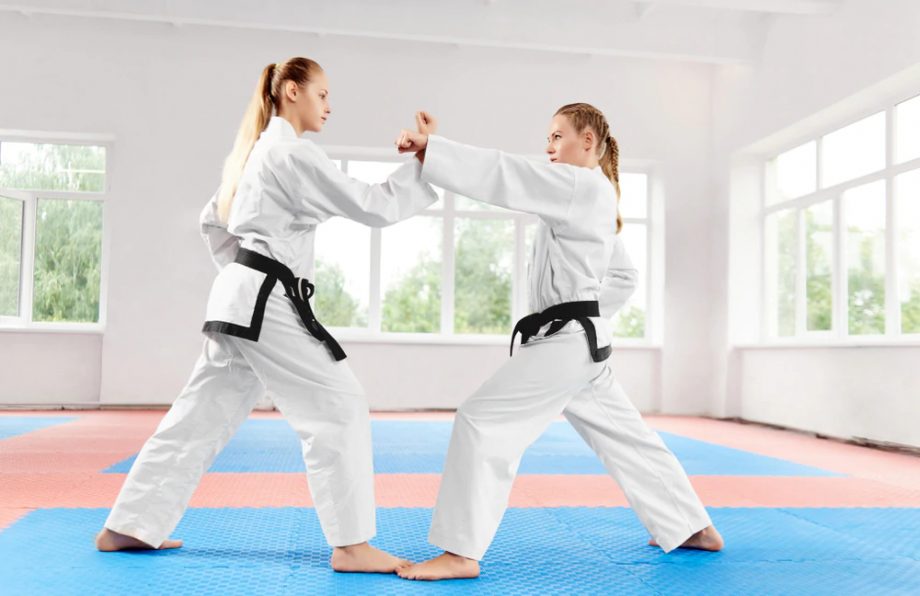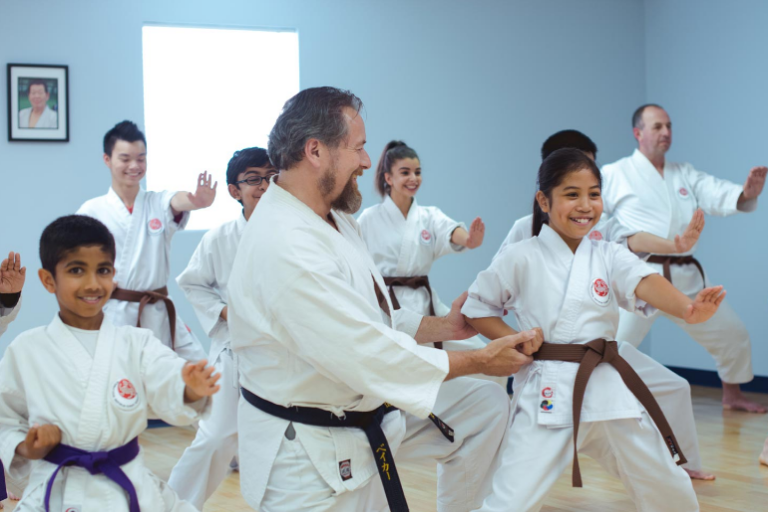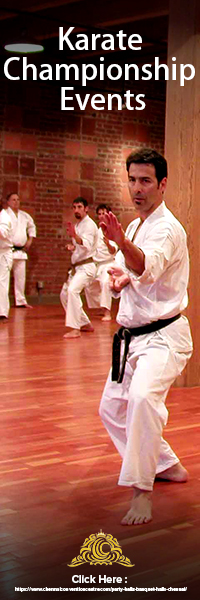Planning Your Karate Training Scientifically
Most of the people practice Karate on “gut feeling”. As they don’t give importance to frequency, intensity and training volume, they never reach their potential and always remain average. Training may give you stress but it leads you to improvement. When we call bad stress as distress, healthy stress is called eustress and it is essential for development.
Having A Smart Karate Training Plan
Let us know about a training formula that is scientifically proven and followed by the world’s best athletes and performers. This model was created by Russian scientist Nikolai N. Yakovlev.
When your body feels the stress, cells break down, energy burns out and crash chemicals are released. You are now in “catabolic” state.
Training harder may break you down. When the training is stopped, the recovery process starts immediately. You are now in “anabolic” state.
Healing starts with restoring levels of energy, positive chemicals being released, and muscle tissues are built. It is a sign of recovery showing development. Sleeping well and eating healthy are essential at the recovery stage.
As your body recovers, your body gains more strength. Reaching the “supercompensation” state, you become smarter, faster, stronger and handsome than ever before. The training session that starts at this moment assures constant improvement.
Explore More About : Familiarizing Yourself To Sparring In Martial Arts
How to Plan Your Karate Training
You must practice as much as possible. Lack of focus, joint pain, illness, sore muscles, insomnia, silly injuries, and altered resting heart rate are some of the symptoms of overtraining. If you notice symptoms of overtraining, stop immediately.
Steady Improvement (Optimal Training)
Steady Decline (Overtraining)
No Improvement or Decline (Average Person)
While going through the training, the difficult part is to find your “sweet spot” of training and take the correct decision to continue or not to continue.
As a thumb rule, every Karate class should feel better than the last class for you.
If you are starting practice very early, there will be no time for your body to improve and supercompensate. Because of this your performance may decline, and it may also leave you over trained.
If you are starting to practice again after some time, there is little scope for improvement, you don’t improve because your body must have reached your base level once again.
Unless you experience stress in your system and reach supercompensation, there will be no constant improvement. The session that happens during the supercompensation phase will definitely help you to achieve the best.







